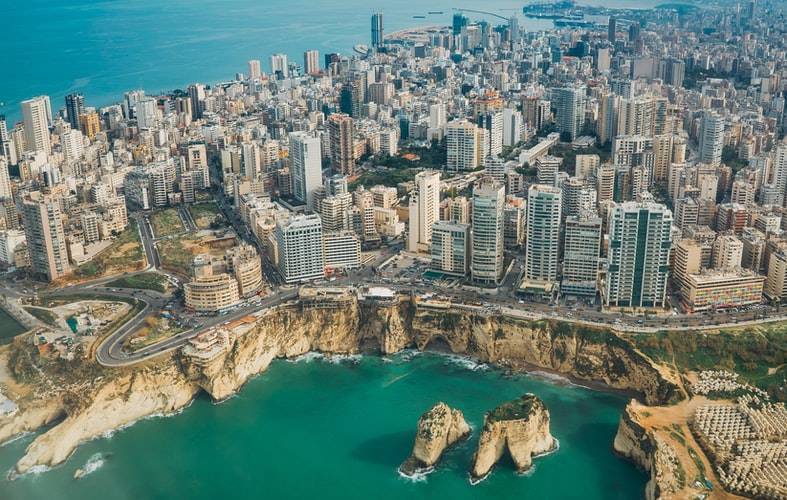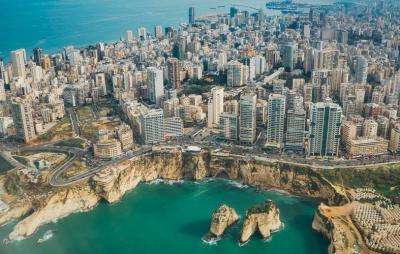The electronic newspaper "An-Nabaa" reported that with the surge in fuel prices recorded yesterday, which increased concerns among Lebanese about their basic livelihood and daily needs, low-income and middle-class families are struggling to meet these needs. There is additional fear that the war in Ukraine, which has raised the price of oil barrels, wheat, and many products, will lead to more negative repercussions on the troubled Lebanese situation. This comes at a time when there are no effective measures from the ministries of energy, economy, and agriculture that could help mitigate the unprecedented global price increases.
Based on this bleak outlook regarding the repercussions of the Ukrainian war on Lebanon, union sources called upon the government and the Ministry of Economy specifically to "be wary of what traders might exploit in the current situation in Ukraine to increase prices." It was noted that food prices, which rose due to the dollar reaching 34,000 a few months ago, have not decreased despite its decline to 20,000, which poses a significant problem for citizens.
In this context, sources from the fuel distributors' union anticipated further increases in the prices of gasoline, diesel, and gas if global oil prices continue to rise. They indicated that a meeting of the union will be held today afternoon to discuss whether there will be a new price increase, expressing concern through "An-Nabaa" that the rise in gasoline and diesel prices and household gas may harm large sectors and halt their operations, particularly in public transportation, and hinder the ability of public and private sector employees to reach their workplaces.
On another note, it has been determined that the Cabinet will discuss today the proposed law to adopt the "Megacenter," prepared by Interior Minister Bassam Mawlawi. Parliamentary sources indicated in a conversation with "An-Nabaa" that creating the "Megacenter" is impossible, as it requires at least three months to establish, while there are only two months remaining until the parliamentary elections, in addition to the significant financial burden this would impose on the government, potentially exceeding 20 billion Lebanese pounds, along with various technical and logistical challenges.
Moreover, it is confirmed that internet service in Lebanon is among the worst globally, and electricity supply has decreased to two or three hours a day, not to mention the need to create hundreds of polling centers and thousands of staff to manage these centers and connect them with the main center in the Ministry of Interior.
Simultaneously, member of the Democratic Gathering, MP Faisal Al-Sayegh, downplayed the significance of presenting the "Megacenter" project to the Cabinet in a conversation with "An-Nabaa," as it requires extensive preparations. He noted that even the Interior Minister is aware that this project requires legal amendments, and the remaining time does not permit that, especially if it is decided to remove the names of those who will vote through the "Megacenter" from the electoral lists, along with numerous technical and logistical obstacles. He suggested that the reason for pushing for this at this time is to create a populist situation that could be capitalized on in electoral campaigns.




